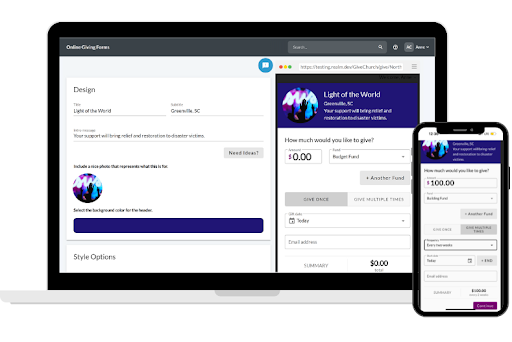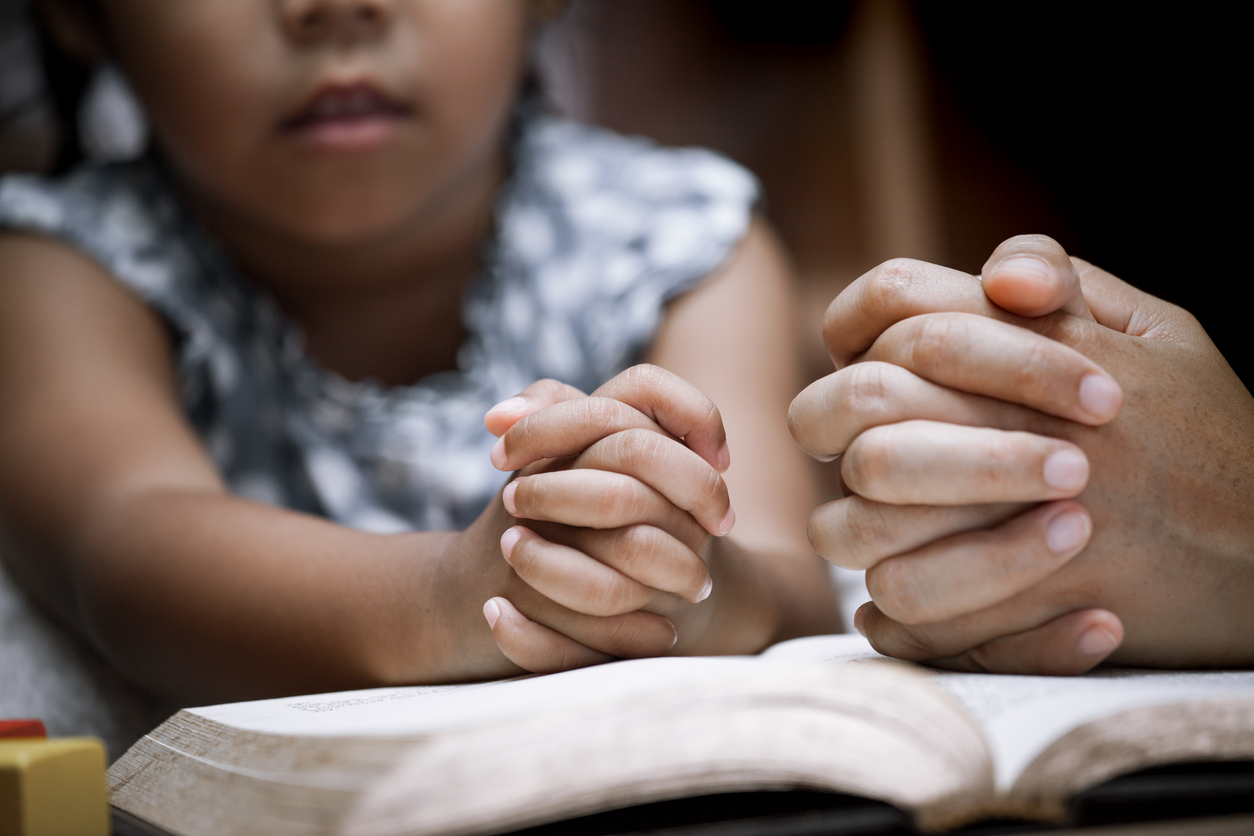Today is Martin Luther King Jr. Day, where our country not only looks back on the life of the civil rights leader, but takes a moment to reflect on where we currently stand in the area of racial equality.
How does his legacy relate to churches today?
The Reverend Martin Luther King Jr. once said,
“It is appalling that the most segregated hour of Christian America is eleven o’clock on Sunday morning.”
Unfortunately, this still remains true to a great extent decades later.
However, it doesn’t have to be that way! Let’s take a look at a church that does “multi-ethnic” ministry well.
Cornerstone Community Church deliberately sought out to go after both the white and black population of Orangeburg, SC. The city is home to both South Carolina State University and Claflin College which are known as historically black colleges. The local area itself is 37 percent white and 60 percent black. For many years, churches there largely worshiped divided by the color of their skin, that is until Pastor Artie Davis (a native of Orangeburg) caught the vision for a better way: a new church that would celebrate diversity rather than shy away from it!
Cornerstone was actually his third attempt at a church plant in Orangeburg. How was this going to be any different from the first two?
Artie says,
“I had Matthew 21 stuck in my mind! Jesus spoke to the “whole city” of Jerusalem! I then realized we have to be like Jesus and go after everybody, not just one group of people.”
This gave him the inspiration he needed to start the church with a vision for reaching all of Orangeburg.
When they began meeting in 2002, he pushed for a mixed style of praise and worship music, diverse small groups, and focused outreaches all with the mindset of forming a healthy, vibrant, ethnically-reflective community of believers. Today they help foster the spiritual growth of over 2,000 members (split 50/50 black/white). Last year, they launched an additional campus in Bamberg, SC with plans for more across the state.
This vision isn’t merely realized in racial ethnicity either. After recently planting two international campuses in Liberia, Artie found that race wasn’t the only demographic category that mattered.
Socio-economic status is the issue among churches across the African continent. Instead of black or white, it’s more about if you’re rich or poor, who your family is, or what kind of job you have. This presented a new set of challenges that continue to be addressed with prayerful handling.
While some may question whether multiple demographic ministries can truly thrive, it’s wonderful to see a church like Cornerstone provide evidence for making it a reality!
I have to believe that the Rev. King would be awfully proud of what is happening there in Orangeburg.
Stay tuned in the weeks ahead to hear more about what all Cornerstone Community Church is doing to impact a diverse community.



